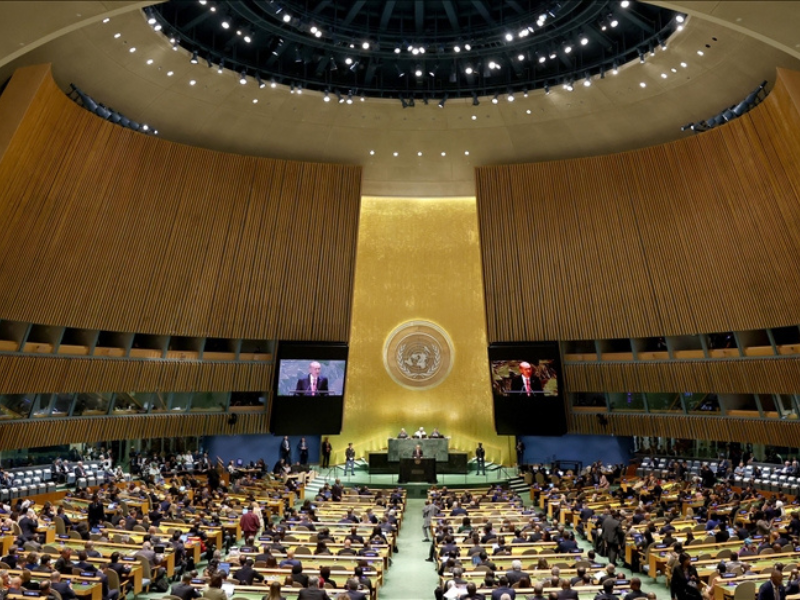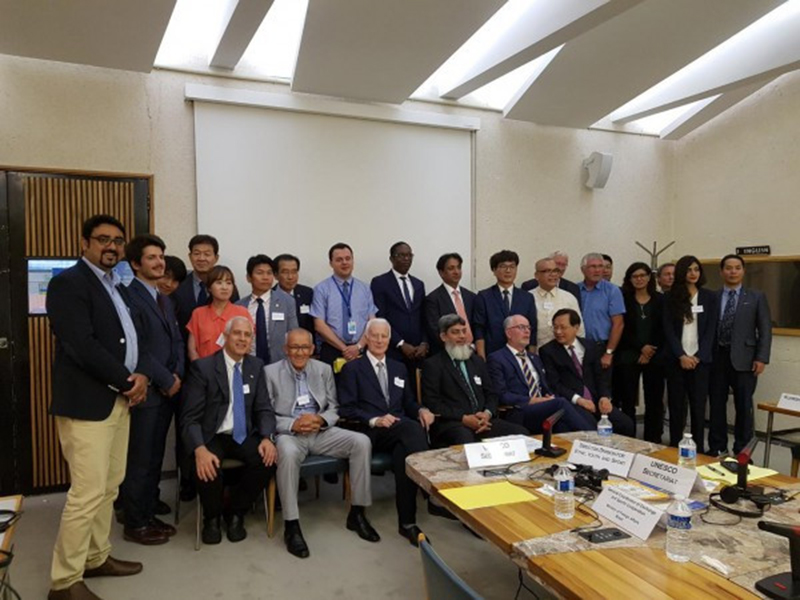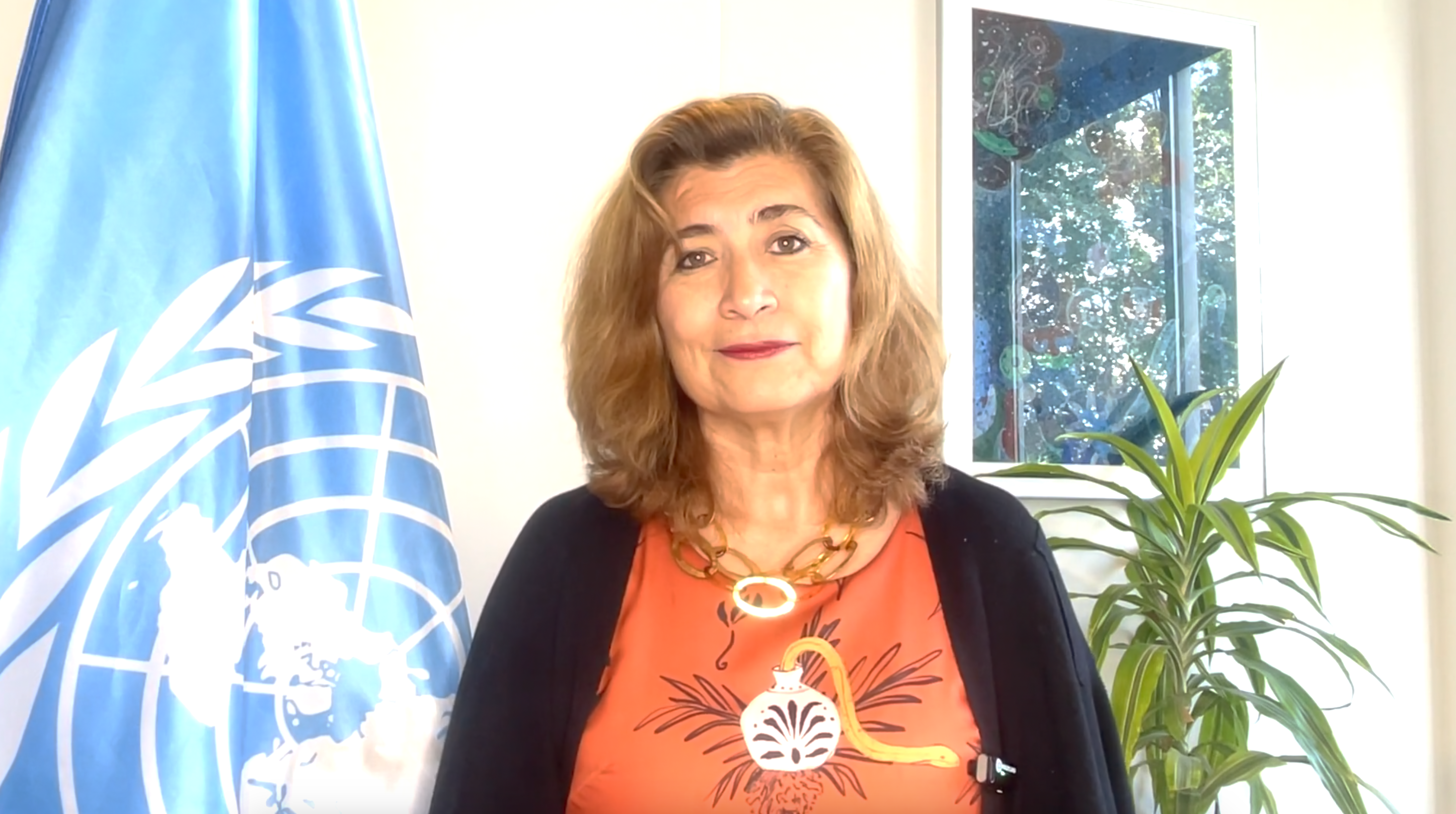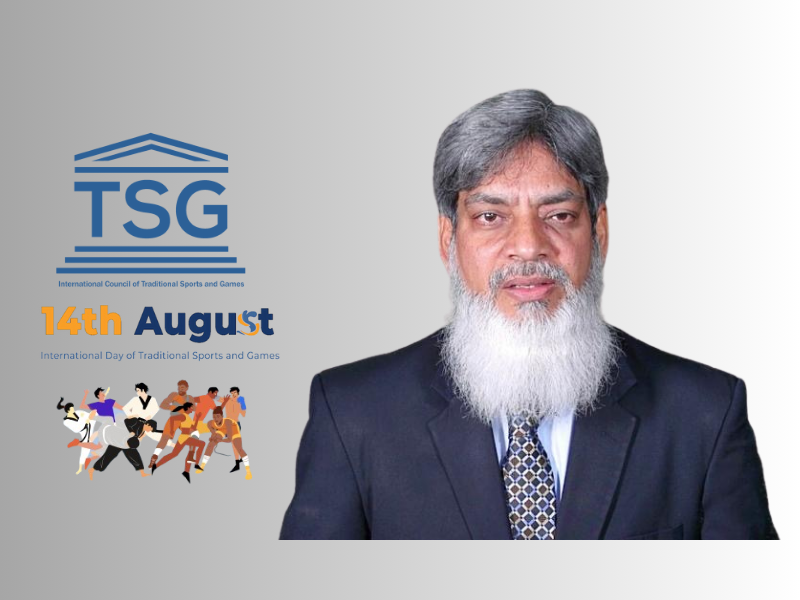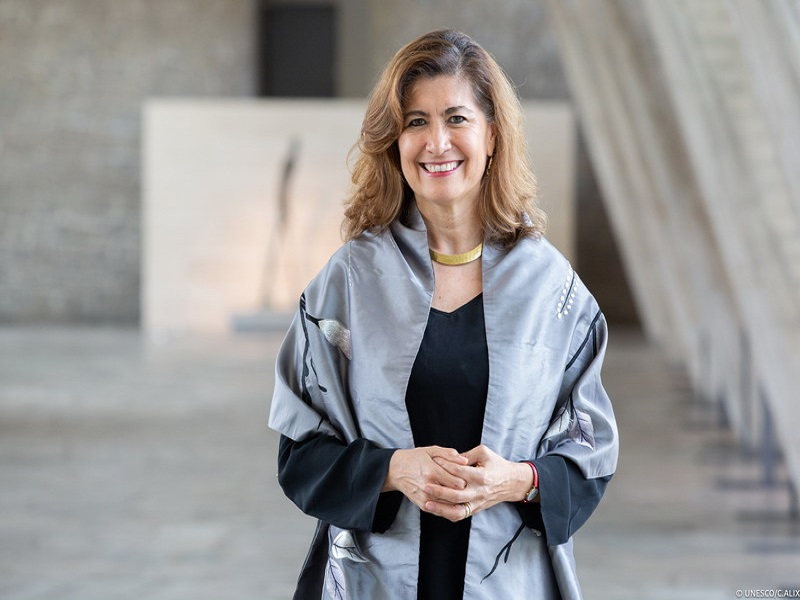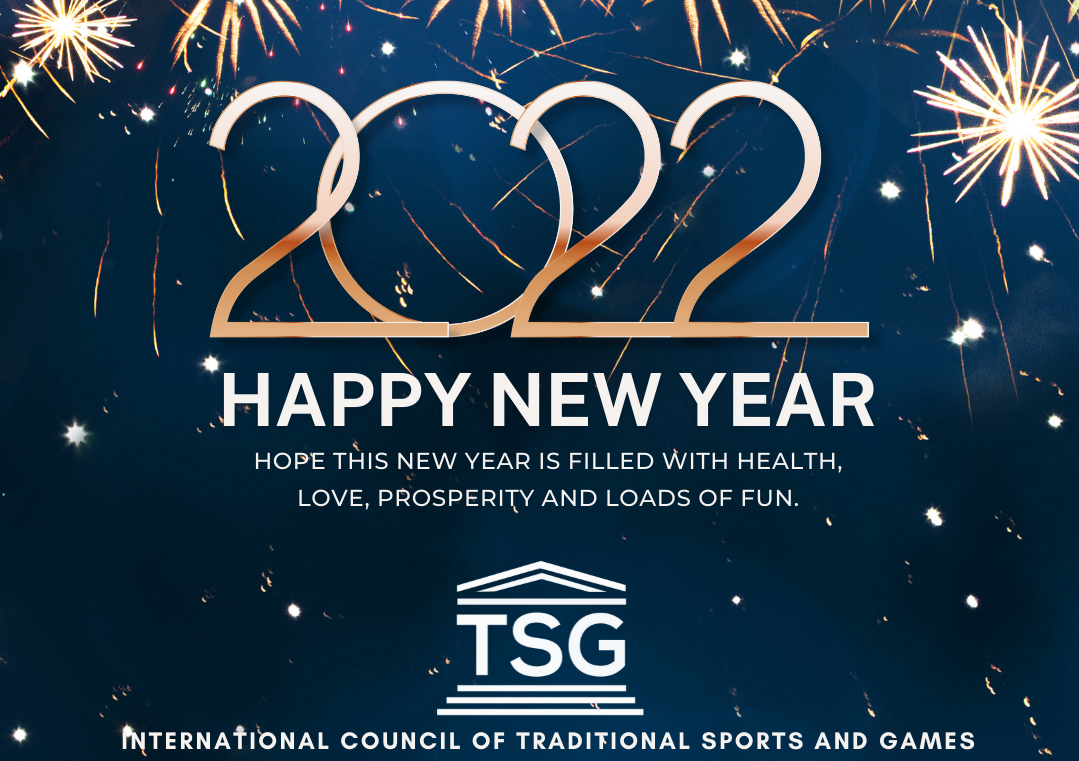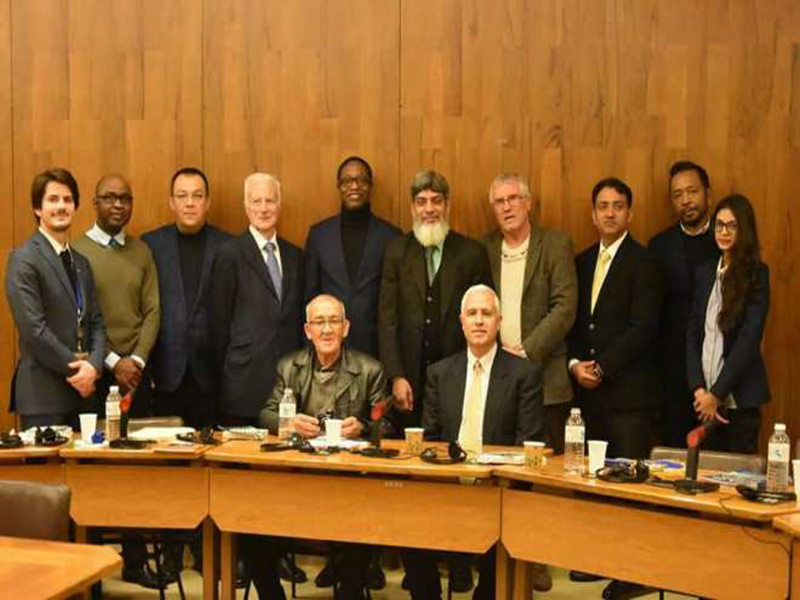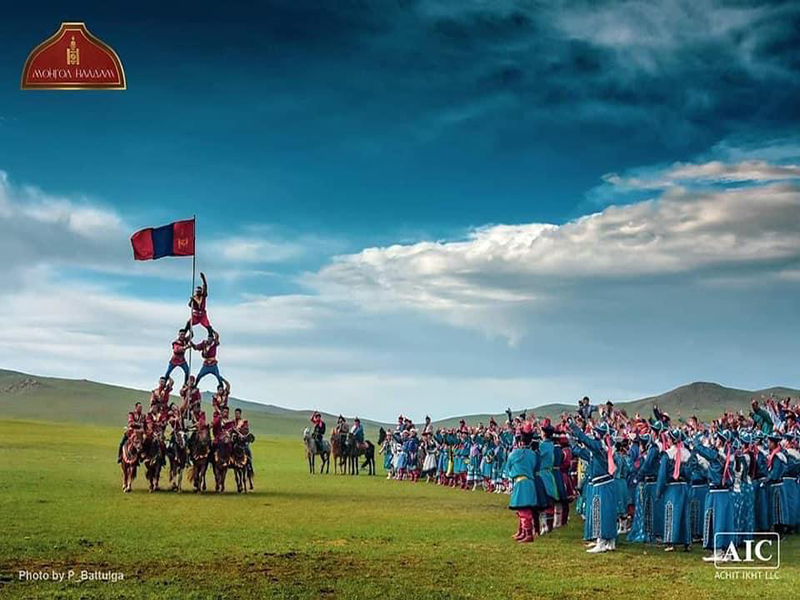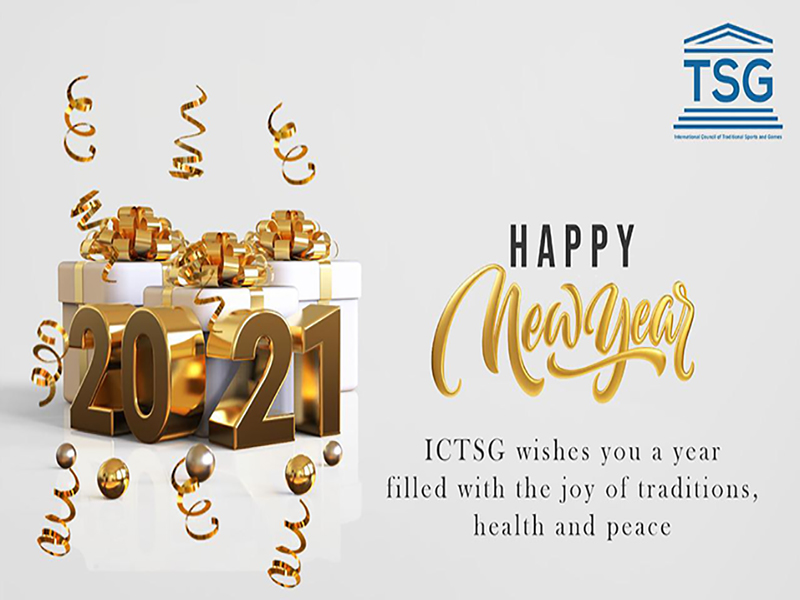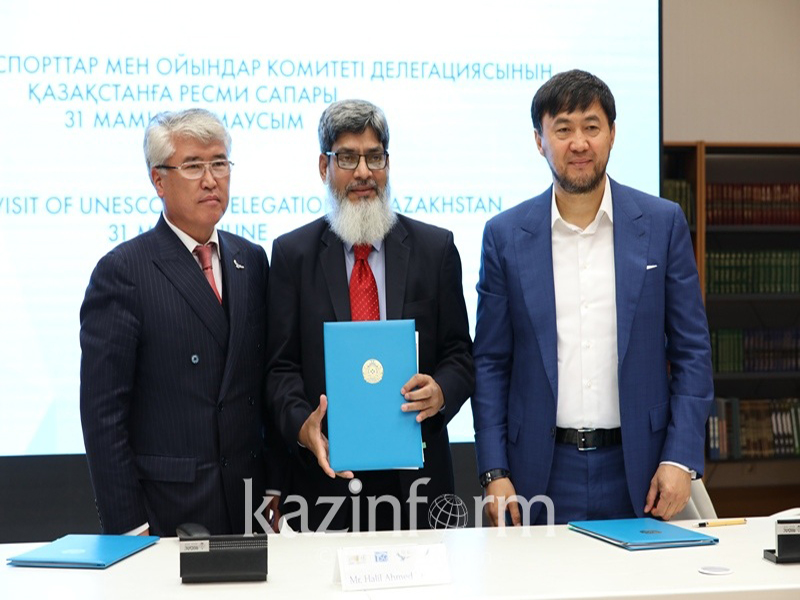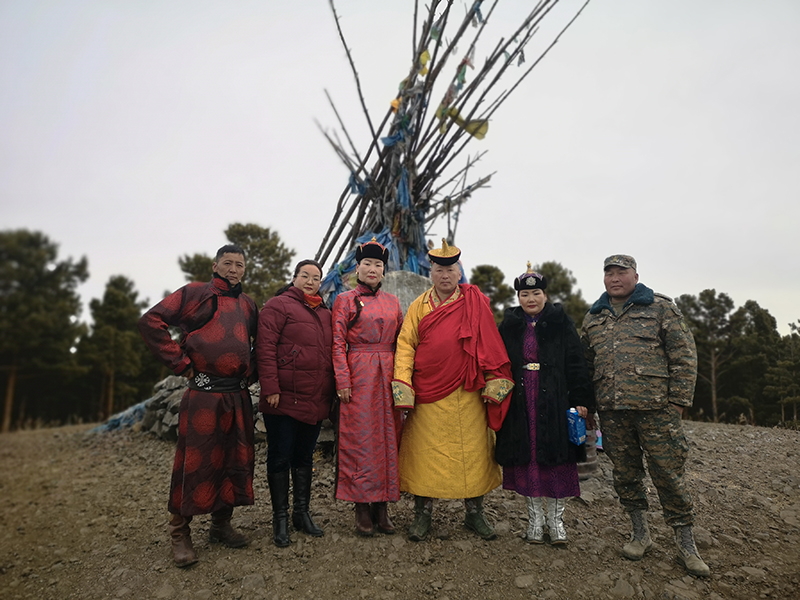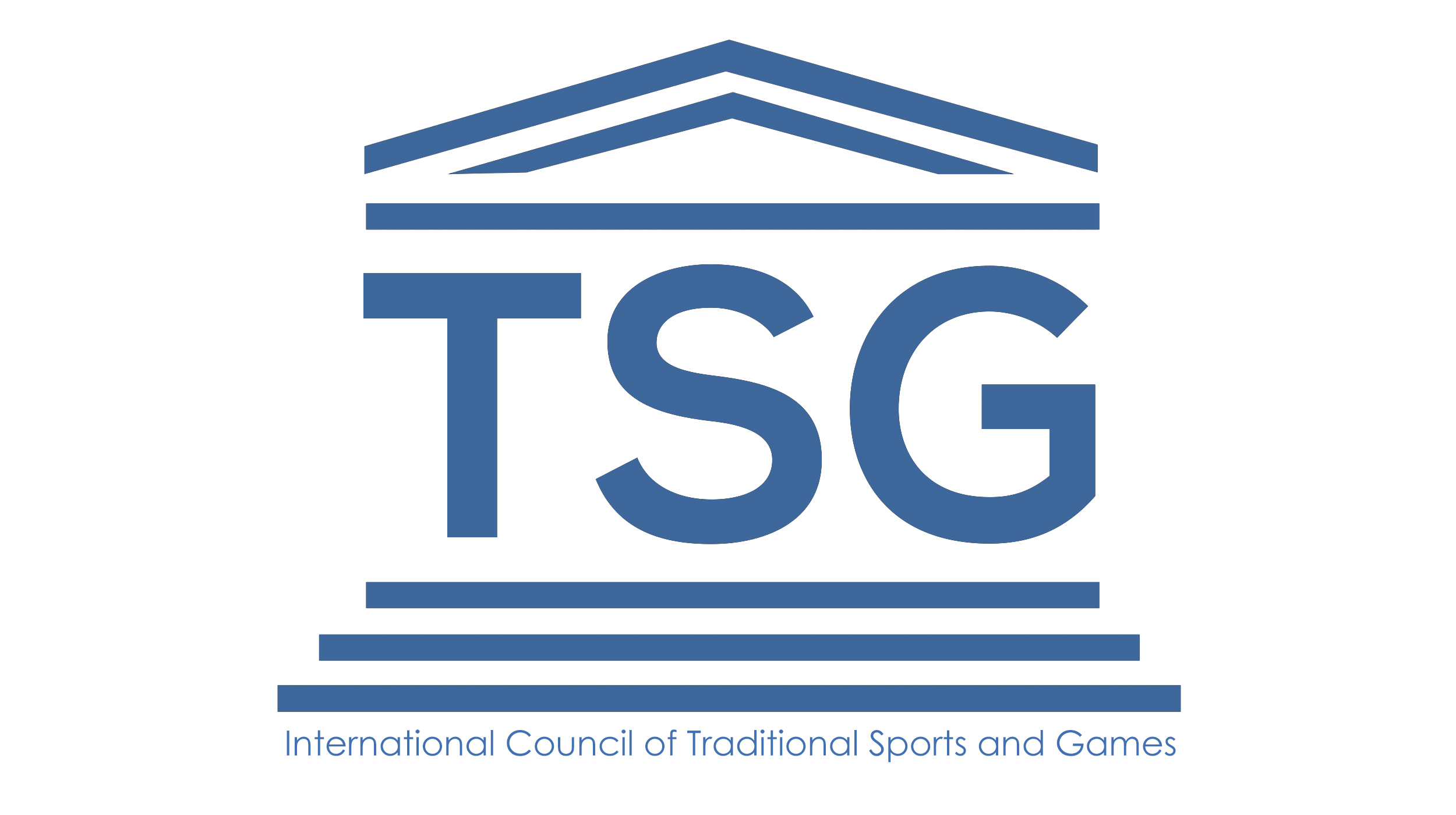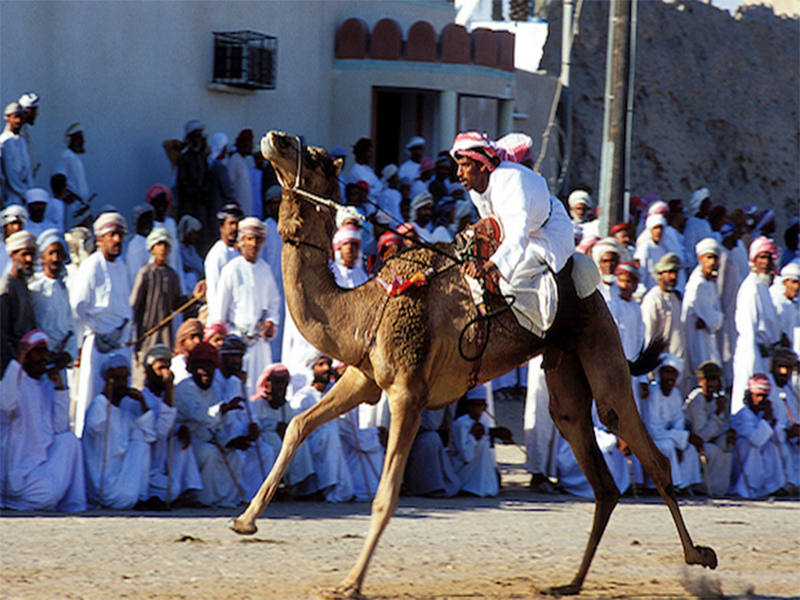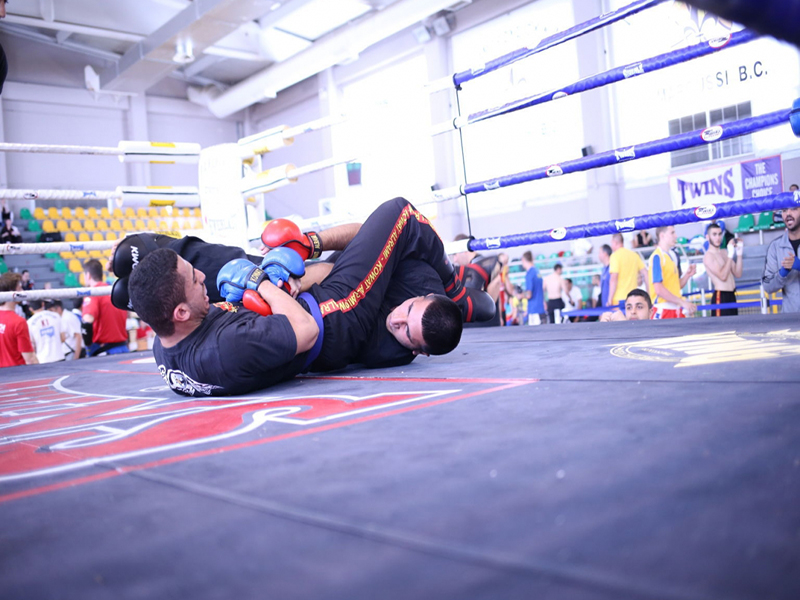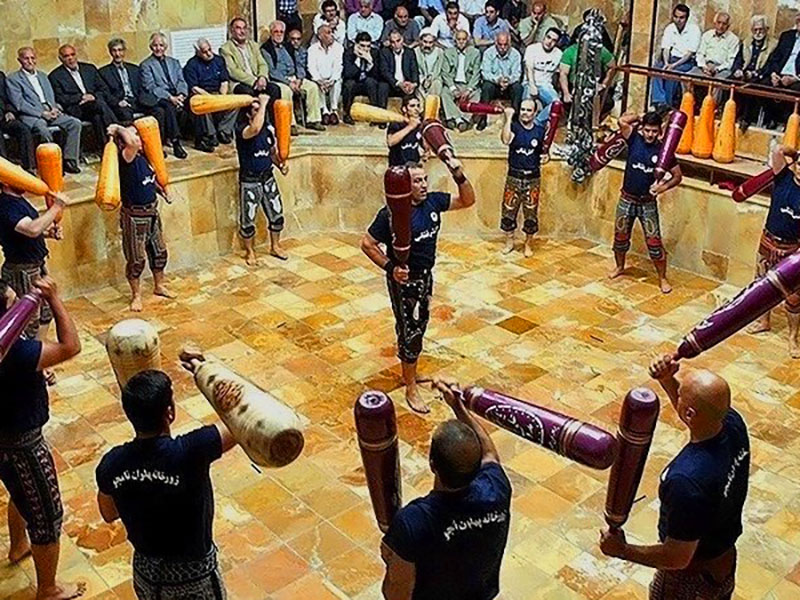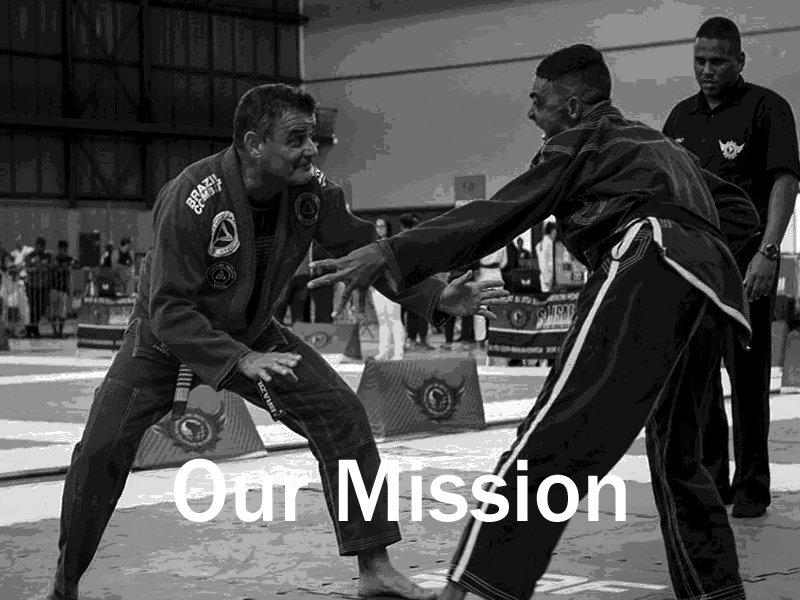UNESCO organized the Third Collective Consultation Meeting on the safeguarding and promotion of traditional sports and games (TSG) at UNESCO Headquarters from 6th to 7th July 2017.
PARIS: The Consultation brought together experts from sports federations and associations, academics, representatives of UNESCO Member States and non-governmental organizations, with the aim of revitalizing the programme on the safeguarding and promotion of traditional sports and games.
The consultation was held in the context of revitalization of the programme on the Safeguarding and Promotion of TSG. In 1999, following the third International Conference of Ministers and Senior Officials Responsible for Physical Education and Sport (MINEPS III), the Declaration of Punta del Este called upon Governments to commit themselves to safeguarding traditional sports and games and recommended drawing up a list of the world's heritage of traditional games and sports. A draft charter and a draft list were prepared and developed by the working group of the Intergovernmental Committee for Physical Education and Sport (CIGEPS). In response, a World Sports Encyclopaedia was published in 2003 at the initiative of UNESCO.The draft charter received great attention when it was submitted to the MINEPS IV conference,held in Athens in 2004. It was then presented by the Director-General at the 33rd session of the General Conference in 2005, when Member States were invited to take necessary measures to preserve and protect TSG, although they did not adopt the charter.
During the discussions, participants agreed on the need to focus efforts on communities that had the knowledge and practice of TSG, threatened with harmonization and distortion as a result of globalization, a process which could at the same time strengthen identity and culture- based demands and slow the dissemination of TSG. TSG brought with them constructive values for practitioners' individual and social development, mobilizing young people and strengthening inter communal dialogue for peace; these values lay at the heart of UNESCO's educational, cultural and scientific mandates. Also discussed was the delicate challenge of striking a balance between the need to restrict the practice of TSG to their places of origin and the desire to export them. Strengthening knowledge sharing, dialogue and visibility without distorting TSG was a considerable challenge.
The road map and governance model of the programme were submitted to the participants.They elected the Chair of the Ad Hoc Advisory Committee, Mr Khalil Khan, the President of the International Association of Traditional Wrestling Sports (IATWS). They then separated into four Ad Hoc Working Groups; these are respectively responsible, for drafting Guidelines, establishing the International Platform, publishing the online Encyclopaedia and supervising the management of human and financial resources. Their composition remained open-ended in the hope of becoming more representative until the fourth Collective Consultation.
Welcoming the outcomes of these two days consultation, the Secretariat expressed particular thanks to the participants for the contributions made when presenting their activities and during discussions that shaped design and orientation of the programme. A fourth Collective Consultation would provide an opportunity to follow up the actions of the Ad Hoc Advisory Committee and Ad Hoc Working Groups.
The Final Report of the Meeting can be found here.


